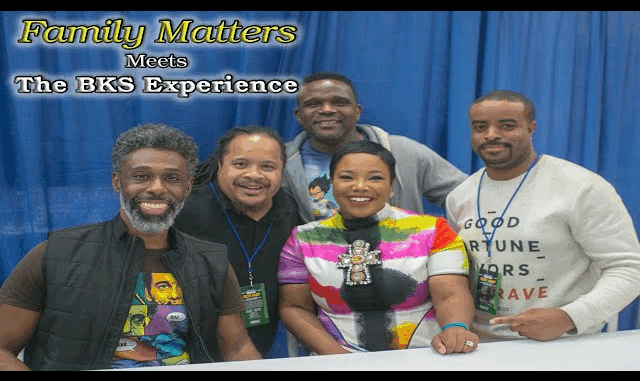
What Jaleel Actually Said
While promoting his memoir Growing Up Urkel at a talk in Wilmington, Delaware, Jaleel White reflected on Family Matters’ place in Black pop culture. He stated:
“Blackness has been treated as a very monolithic experience in entertainment… ‘If it’s not a hood story, it’s not a Black story.’ Sometimes I feel left out of that.”
He explained that shows like Martin and Living Single often top polls for favorite Black sitcoms, while Family Matters gets ranked lower—unless those same polls focus on family sitcoms more broadly, where Family Matters tends to rise higher.
The Backlash: Why People Were Upset
Many fans pushed back, arguing:
-
Martin and Living Single aren’t “hood” shows—they portray successful, middle-class Black characters.
-
Family Matters did address urban and social issues like gang violence and racial profiling.
-
Some critics pointed out that the show was created and mostly written by white producers, which may have affected how some viewers perceived its authenticity.

Jaleel White’s Clarification
On a podcast interview shortly after the backlash, Jaleel clarified his statement:
“I want to say, I misspoke, but I could’ve worded things better if I had known I was speaking on a world stage… I shouldn’t have invoked the word ‘hood.’ When you say the word ‘hood,’ it makes certain people feel like you’re demeaning them… Those are the two mistakes I made.”
He admitted his phrasing distracted from the real issue he was trying to address: the tendency to limit what is considered a “Black show” to certain kinds of narratives.
What Jaleel Meant—Behind the Words
-
He was pointing out that Black storytelling in entertainment often gets boxed into narrow categories.
-
He wasn’t trying to put down other shows—he was trying to highlight that Family Matters often gets overlooked despite its cultural impact.
-
He emphasized that not all Black stories need to come from a “hood” backdrop to be authentic or powerful.
Public Reaction
The internet was divided. Some fans accepted his clarification and appreciated the honesty. Others remained critical, feeling that even with context, the original remark reflected a misunderstanding of Black culture and television history.
Family Matters and Black Representation
It’s important to recognize what Family Matters achieved. It showcased a middle-class Black family navigating everyday life, without relying on stereotypes. That kind of visibility was rare—and still matters today.
Conclusion
Jaleel White’s comment may have missed the mark, but his follow-up showed self-awareness and a willingness to own his words. His deeper message about the diversity of Black stories is valid—and worth discussing.
In the end, Family Matters deserves to be remembered not just for Urkel’s antics, but for portraying a strong, loving Black family that broke barriers in television.
FAQs
1. Did Jaleel White apologize for his “hood” comment?
Yes, he acknowledged that he misspoke and said he shouldn’t have used that word. He clarified that he wasn’t trying to demean other shows or communities.
2. What did he really mean by “hood story”?
He was referring to the way entertainment sometimes favors urban, gritty narratives when defining “Black stories.” His point was that Family Matters often gets overlooked because it doesn’t fit that mold.
3. Was he criticizing other Black shows like Martin?
No. He explicitly stated that he respects those shows. His issue was with how cultural rankings and audiences often undervalue shows like Family Matters.
4. Did Family Matters touch on serious issues?
Yes. It featured episodes about racial profiling, gun violence, peer pressure, and police misconduct—proving it wasn’t just lighthearted comedy.
5. What’s the legacy of Family Matters today?
It remains one of the longest-running Black sitcoms in TV history and helped pave the way for future family-focused Black shows. Its impact is still felt, even if it’s sometimes underrated.
